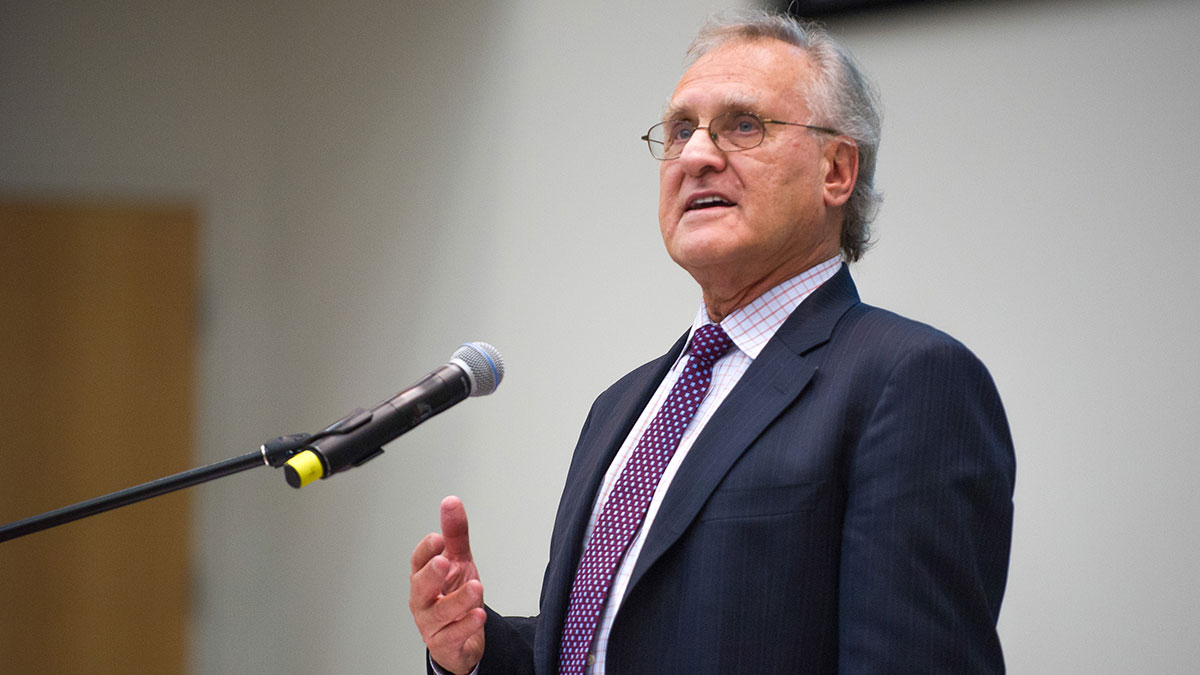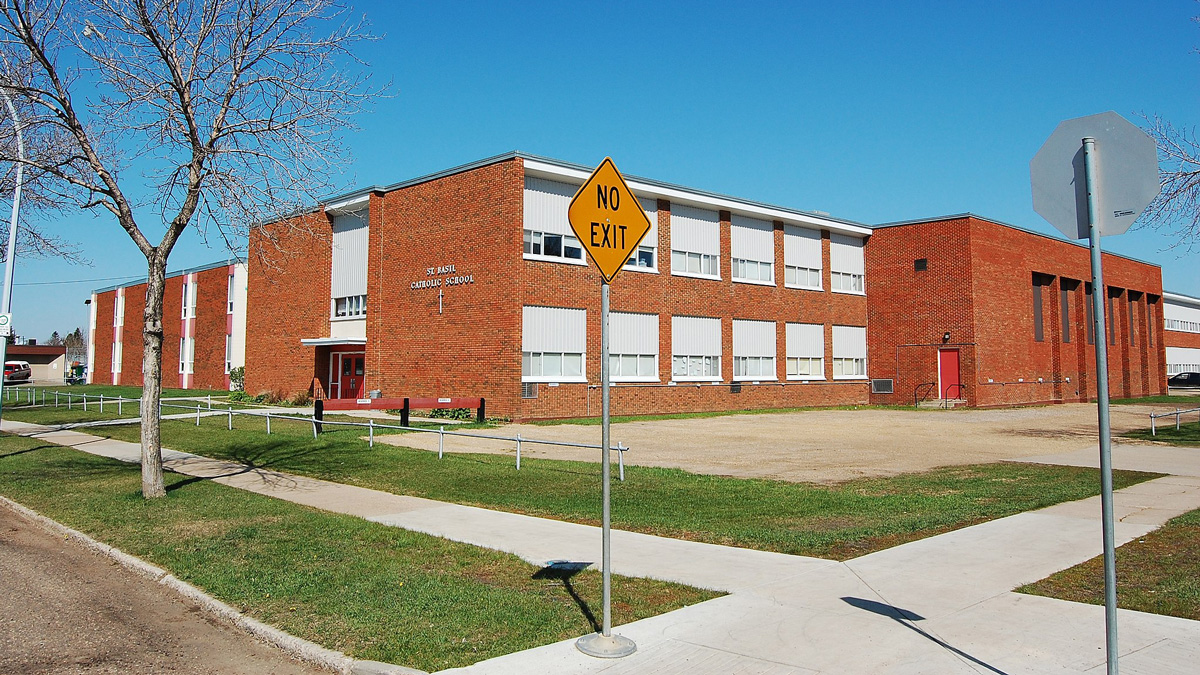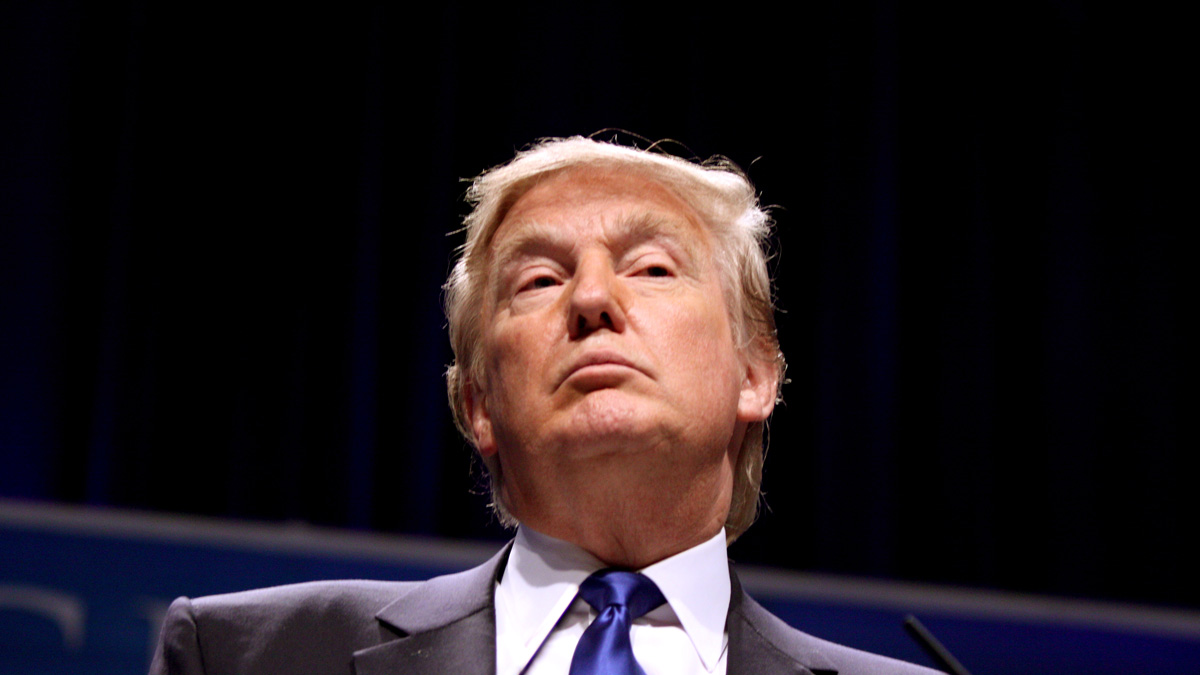 Randy Savoie
Randy SavoieWhat did Stephen Lewis, currently one of Canada’s most illustrious political figures, have to say about the state of the world today and the challenges that faces the international community for years to come? Turns out it was a little more than your typical left-wing indignation.
The 78-year-old diplomat and academic graced the University of Alberta’s presence when he delivered his anticipated keynote speech at the tail end of International Week on Friday. I think I can comfortably call him one of Canada’s most accomplished political figures without being hyperbolic and without seeming like a shameless partisan hack. His career, spanning over five decades, began with the Ontario NDP in the 70s, followed by service as Canada’s U.N. representative from 1984 to 1988 during Brian Mulroney’s time as Prime Minister. From 1995 to 1999, he acted as deputy director of UNICEF and spent 2001 to 2006 as a special envoy for HIV/AIDS in Africa. It’s the stuff of dreams for any left-wing idealist aspiring to become a diplomat.
It was expected that Lewis would have some interesting things to say regarding the state of the world, and he managed to deliver. His speech was excellent and energetic as he balanced anger at the evils of the world with a persistent optimism that progress is sure to arrive. He punctured his points with humour. “There was a time where I required a visa to come to Alberta!” Lewis jested. “Now of course, it’s the promised land!”
While talking about the U.N. Millennium Development Goals and the Sustainable Development Goals, Lewis took the audience on a guided tour of some of the gravest global issues facing the world today: from poverty to climate change, from infant mortality to the overindulgences of capitalism.
The part of Lewis’ speech that stood out in my mind was when he broke away from the routine lambasting of the usual villains of left wing lore, such as your neo-liberal conspirators, your Stephen Harpers and your one percenters. While discussing the issues at the heart of the sustainability goals, Lewis devoted a good chunk of his speech to gender inequality and some of its facets such as sexual and reproductive rights. “I have come to the recognition that the single most important struggle on the planet bar none, is the struggle for gender equality” proclaimed Lewis. “It is beyond belief that the world could continue to tolerate so much vindictive and savage abuse of women reported time and time again.”
While elaborating on sexual violence, Lewis delivered a lengthy and livid tirade on how several U.N. peacekeepers in the Central African Republic have been charged with sexually exploiting youths in the region, a problem that Lewis is addressing through the Code Blue initiative. Lewis didn’t hold back when he condemned not just the peacekeepers but what he saw as decadence within the U.N. itself and how these allegations were supressed, for those in the U.N. who had known about the abuse “were more interested in their own reputations than the reputation of the U.N.”
There isn’t a single villain at work here, rather it’s an institutionalized problem and a failure on the part of people who neglected to address the issue. While the idea that the consequences of complacency is as destructive as malice may not have been Lewis’ overall message, which is to push forth and solve the world’s problems despite how persistent concerns like poverty and gender inequality may seem, it’s an interesting point that leads to a deeper, less black and white understanding of these global issues.




